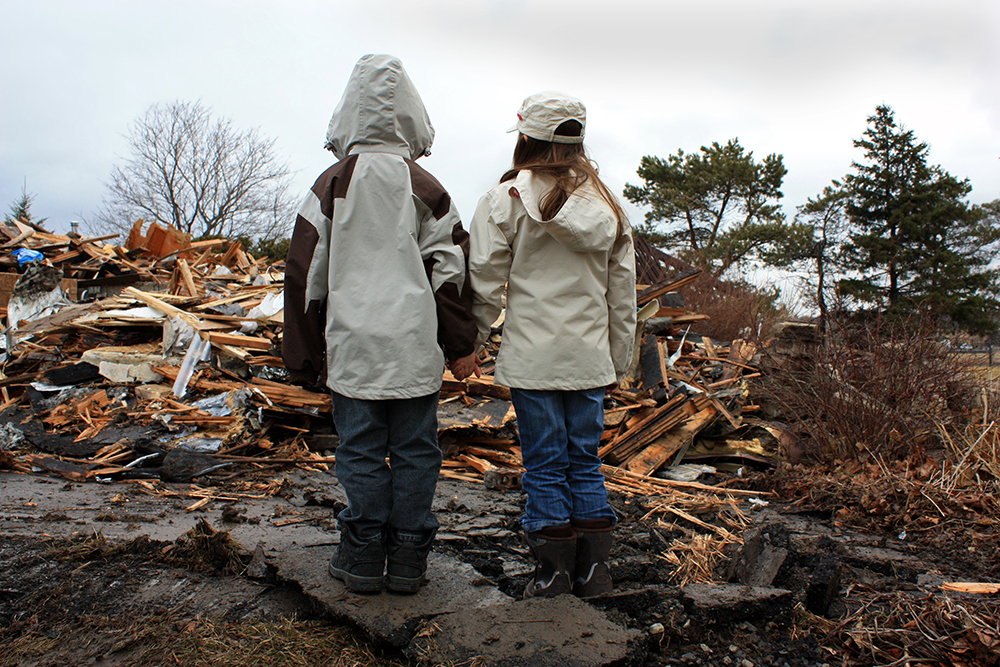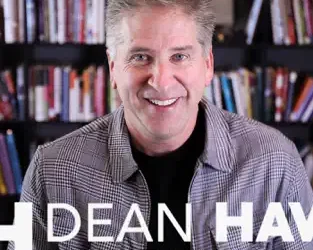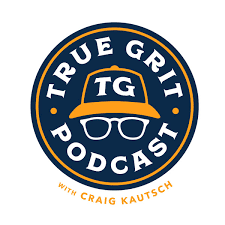We often feel powerless when a natural disaster strikes. Watching the news, seeing those affected, we quickly realize natural disasters do not discriminate.
The recent wildfires in the southwest and 2017’s destructive hurricane season caused untold damage to lives and property. All of us have either read about or experienced disasters, such as earthquakes, tornadoes, floods, and tsunamis.
Unfortunately, we will see them again in the future as well.
Here are some tips to be able to deal with these sorts of negative realities that exist at a high-magnitude level:
-
- Do what life requires. It is easy to become somewhat obsessed and focused on the past or the next disaster. While we all need to prepare adequately for these occurrences, our minds are not equipped to stay “on call” thinking about these. Psychologists call this hypervigilance, a state of constant alertness. One aspect of hypervigilance is that the demands on your adrenal glands, constantly being engaged, causes them to become fatigued, which can be debilitating to your health and happiness. Instead of being “on call” for the next disaster, do what is required in your life: take care of your relationships with your family and friends; work in something meaningful and useful; keep your self care a priority; engage in your interests and passions; and help other in some form of service. This is not denial. It is simply letting your mind and behavior do what they do best.
- Stay connected. Isolation and avoiding vulnerable relationships tend to have a magnifying effect on our stress reactions to disaster. Aloneness makes us worse, not better. Having a few supportive, understanding and warm people in your life, where you can mutually share your fears, your lessons learned and your hopes will do a great deal to help you function and feel normal.
- Learn resilience. Resilience is a psychological term describing the ability to bounce back over time after a stress or loss. People who are resilient, for example, work through financial difficulties, health issues and family troubles, often to their previous level of functioning. Resilience is not instant, but it is an important skill. Learn resilience over the smaller matters in life, using patience, perseverance and a positive attitude. This will prepare you for the larger issues you will encounter.
- Remove any demand for a just universe. The idea of “this is not fair” and “it’s not just” is a normal reaction to catastrophic events. It is just how our minds respond. But if “this isn’t fair” becomes an internal mantra, it will tend to sap your strength, your clarity of mind and your sense of well being. Just begin to accept that the world doesn’t run on “fair”, though it would be nice if it did. Instead, substitute “it is what it is, and I will deal with what it is.” That will be much more helpful and empowering for you.







